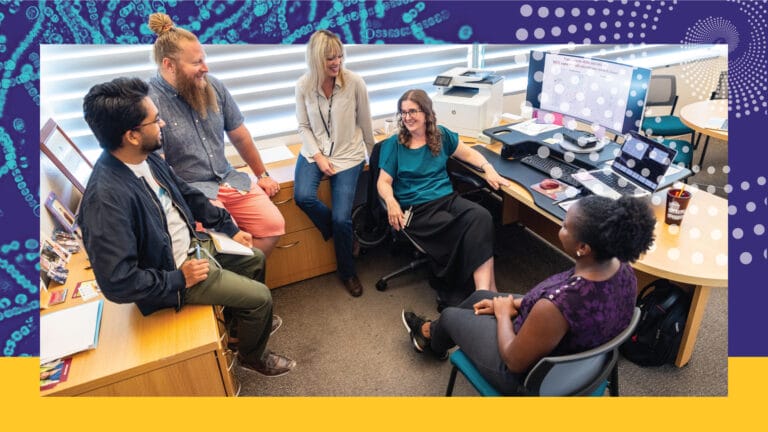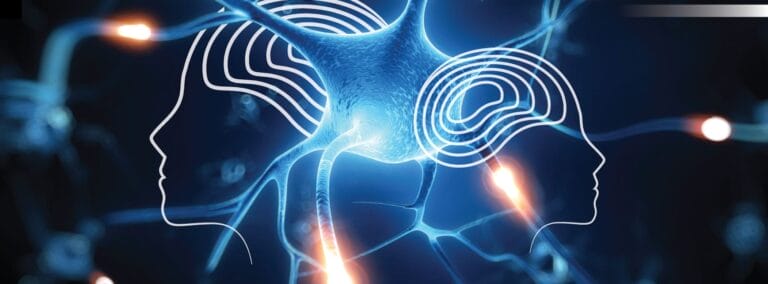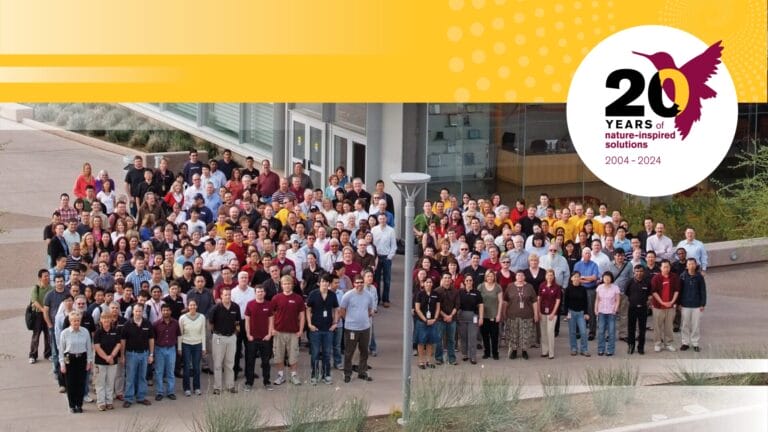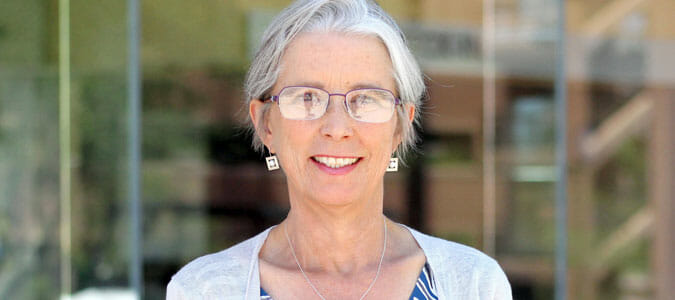Protecting our planet from plastic pollution
Biodesign Institute

Protecting our planet from plastic pollution
In honor of July being Plastic Free month, we are featuring Tim Long, director of the Biodesign Institute Center for Sustainable Macromolecular Materials and Manufacturing, and his work focusing on

Training budding innovators to challenge the impossible
Editor’s note: This is the second in a series of profiles of former faculty, staff and student workers at ASU’s Biodesign Institute in celebration of its 20th anniversary. Read the

Focusing on the little things: Rittmann discusses his work with microorganisms
In honor of June 5 being World Environment Day, we are featuring Bruce Rittmann, director of the Biodesign Swette Center for Environmental Biotechnology and his work focusing on how microorganisms

Breaking the (iron) law
In a new interdisciplinary study published in the Journal of the American Chemical Society, researchers report evidence for breaking an "iron law" of electrocatalysis.

Harnessing the power of microbes for human health
Director of the Biodesign Center for Health Through Microbiomes, Rosa Krajmalnik-Brown, shares insights into how the center partners with the human microbiome to improve people’s health.

Promising new research for Alzheimer’s and Parkinson’s diseases
Director of the ASU-Banner Neurodegenerative Disease Research Center, Jeffrey Kordower, reveals how his team of researchers is in a race against time to find effective treatments, if not a cure, for Alzheimer’s and Parkinson’s diseases.

Biodesign ‘alumni’ aid the fight against infectious diseases
This is the first in a series of profiles of former faculty and staff members of ASU’s Biodesign Institute in celebration of its 20th anniversary. Engineering microbes to fight deadly

New project to address limitations of dynamic networks
Joshua Daymude and Andrea Richa’s research to address concurrency and adaptive self-organization in anonymous dynamic networks was awarded $800,000 from the National Science Foundation. Assistant Professor Daymude and President’s Professor
Forrest explores AI pros and cons on expert panel
Stephanie Forrest joined Dr. Cris Moore, from the Santa Fe Institute, and Dr. Melanie Moses, from the University of New Mexico to discuss the opportunities and threats presented by recent

Technology to make fixing buggy programs easier
ASU is developing technologies to ease the repair of buggy programs after they have been deployed. The team includes researchers from the Biodesign Center for Biocomputing, Security and Society Tony

Urging universal use of wastewater surveillance
Wastewater epidemiology isn’t a profession a script writer would likely give to a lead character in an action-adventure film. In real life, however, experts in the emerging field may someday

Stephanie Forrest selected as the 2023 Evolutionary Computation Pioneer
Stephanie Forrest, director of the Biodesign Center for Biocomputing, Security and Society at ASU, has been selected as the 2023 recipient of the IEEE CIS Evolutionary Computation Pioneer Award.